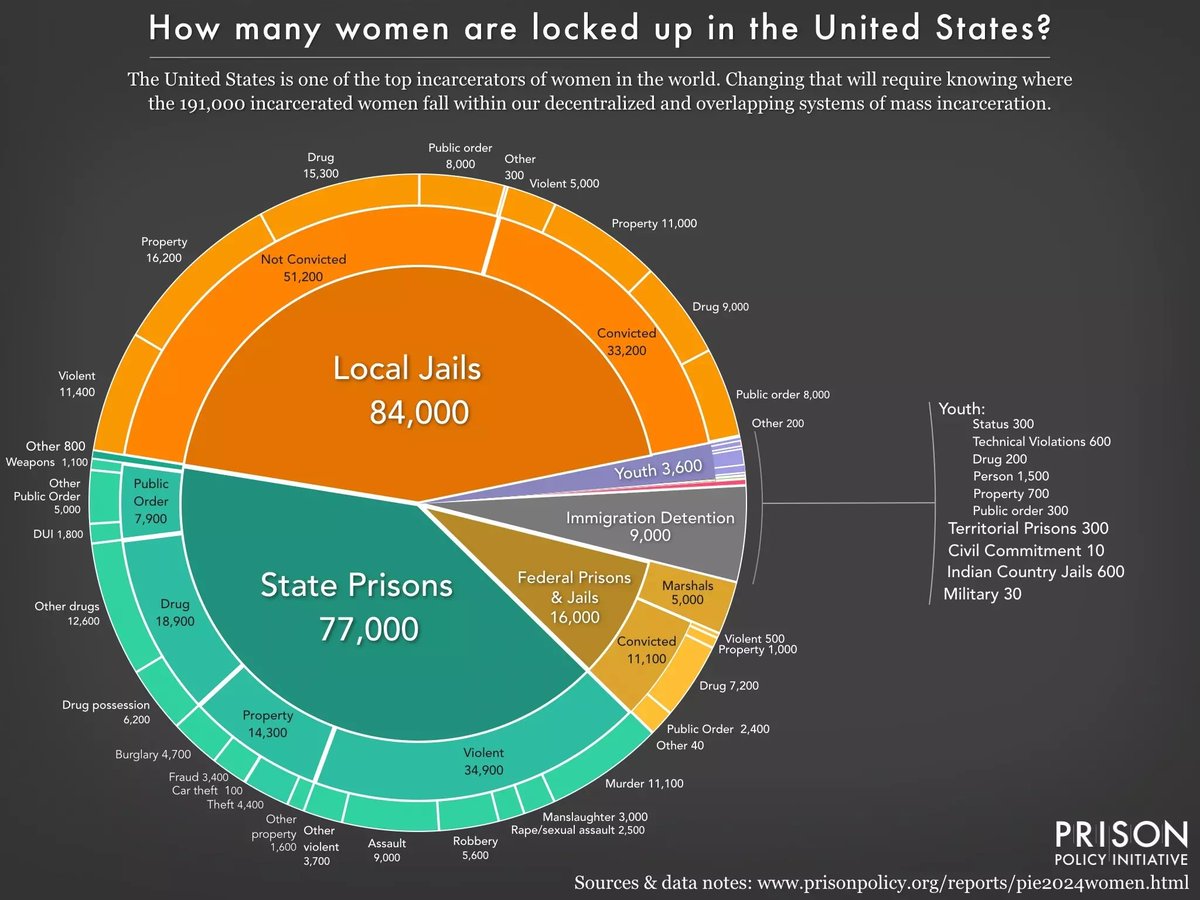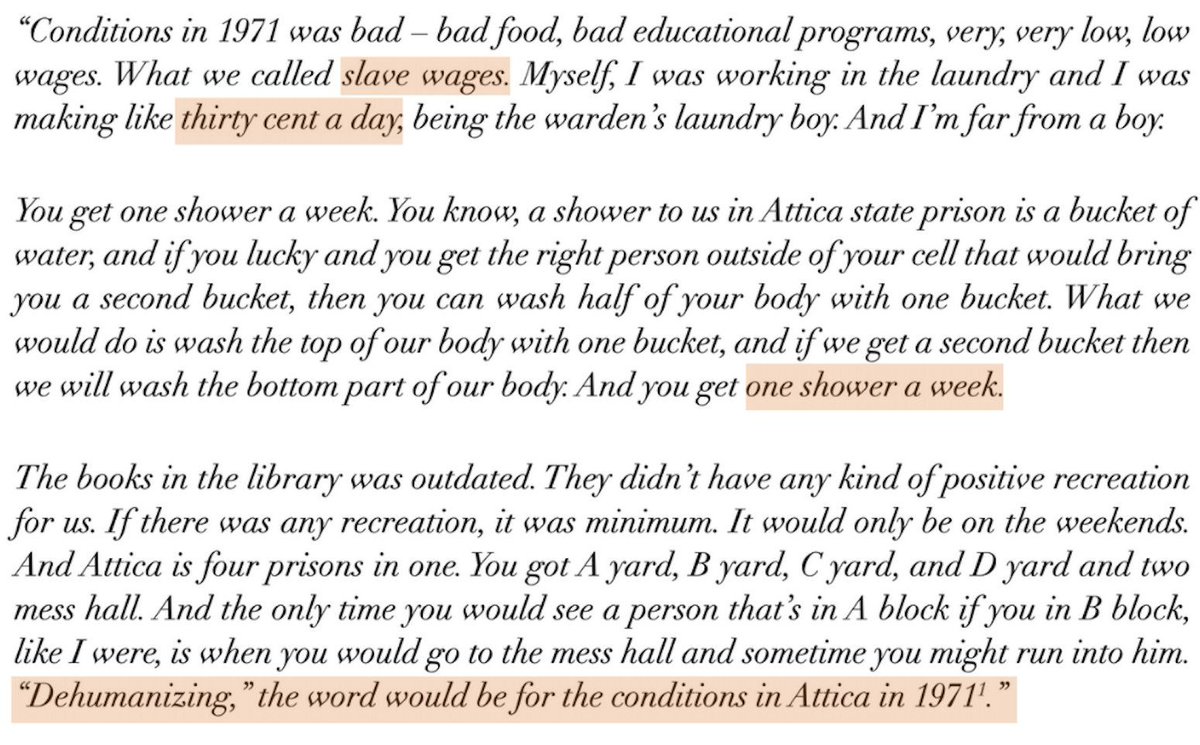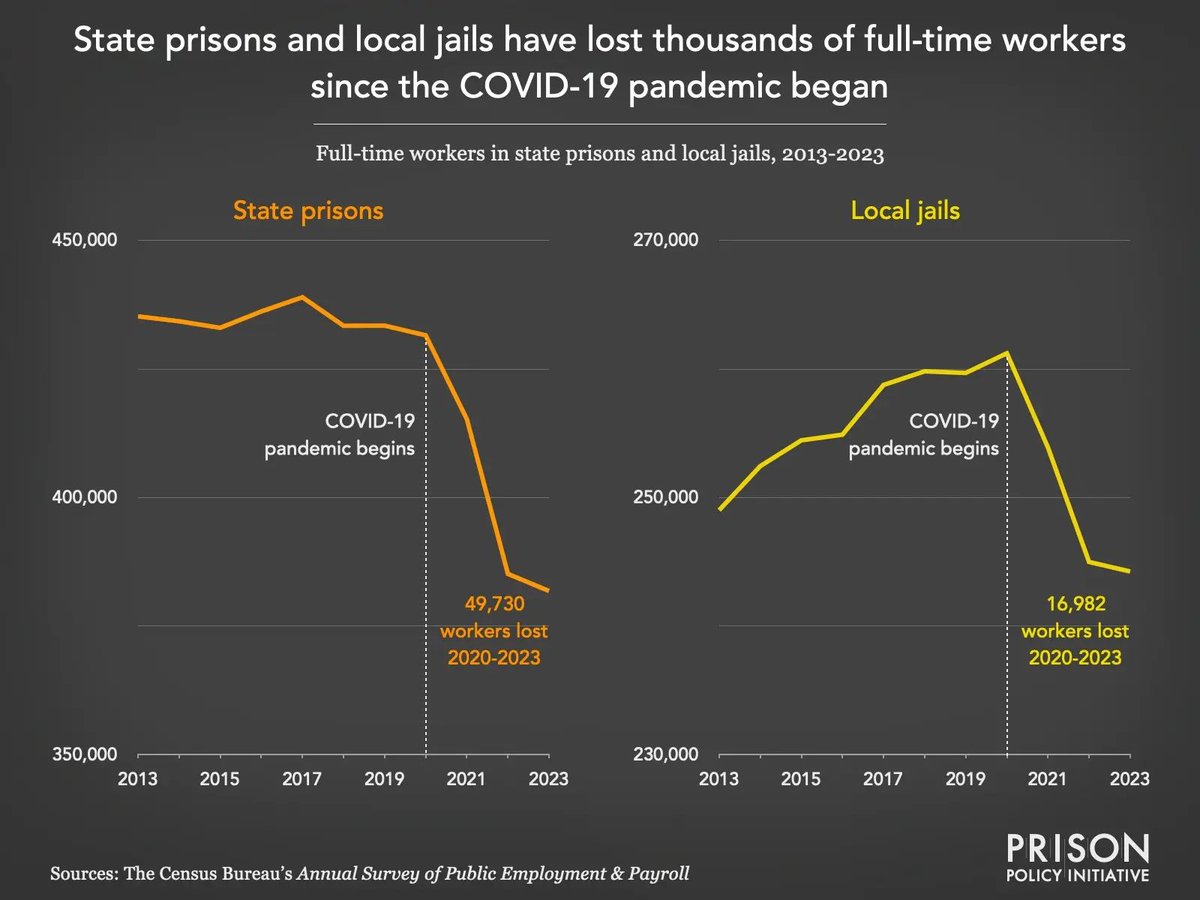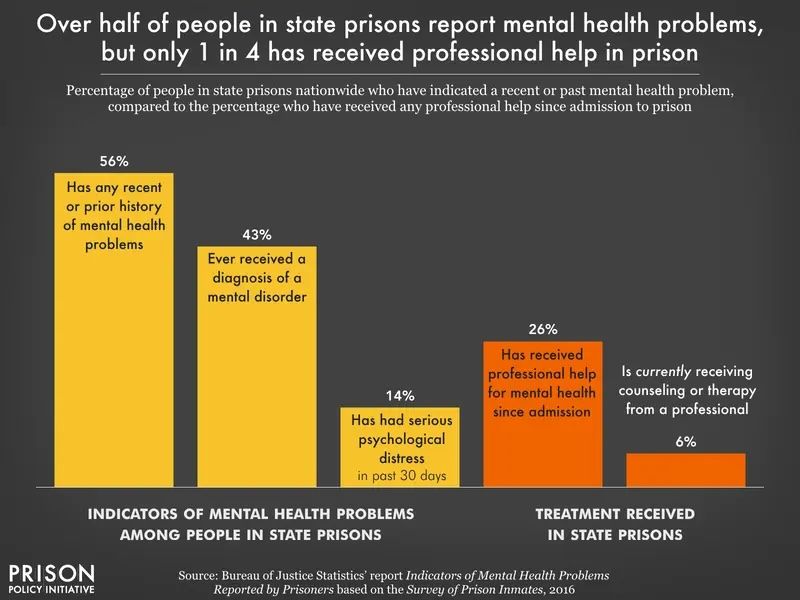
Challenging mass incarceration and over-criminalization through research, advocacy, and organizing. Get email updates: https://t.co/AyYiUayx2n
3 subscribers
How to get URL link on X (Twitter) App

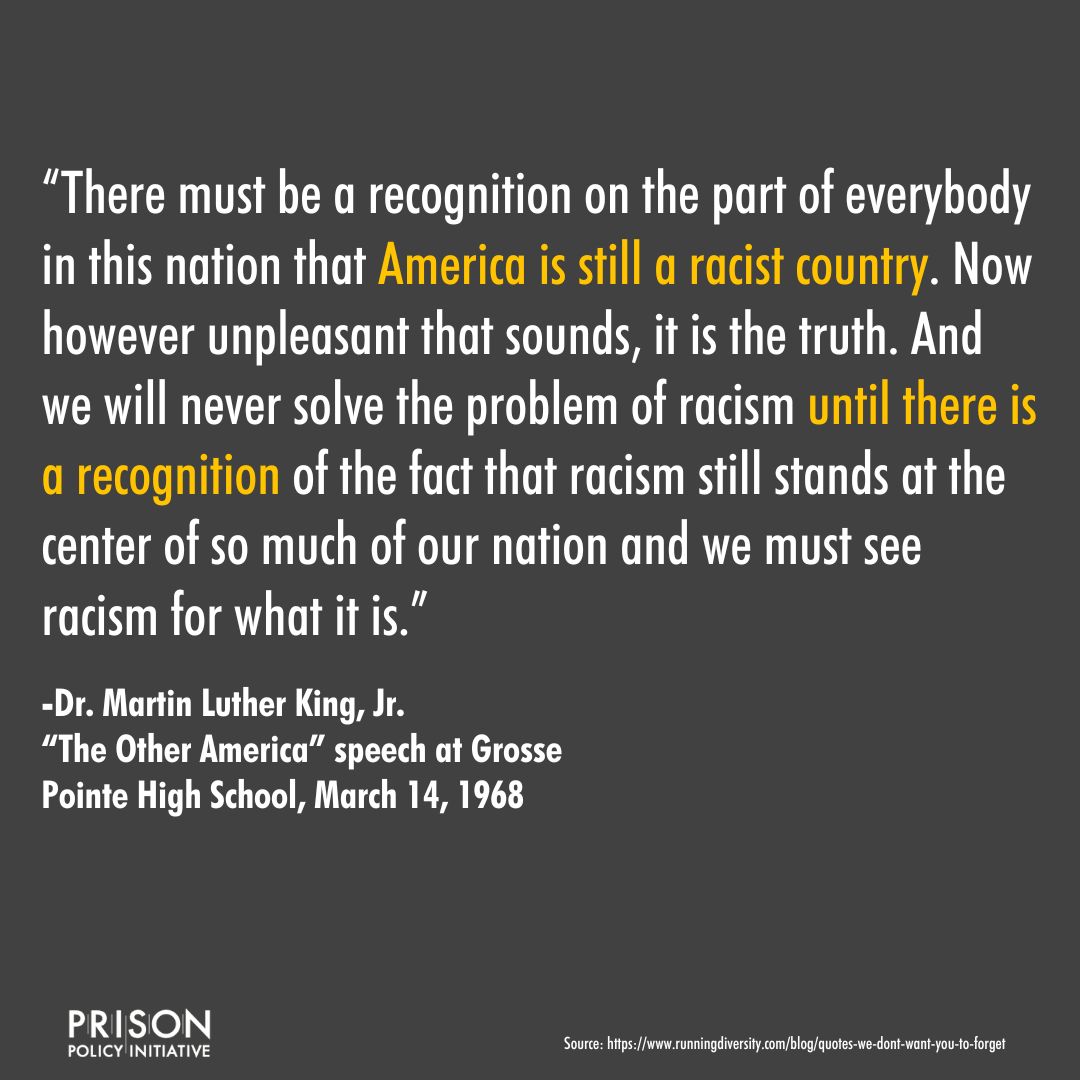
 ➡️ As youth:
➡️ As youth: 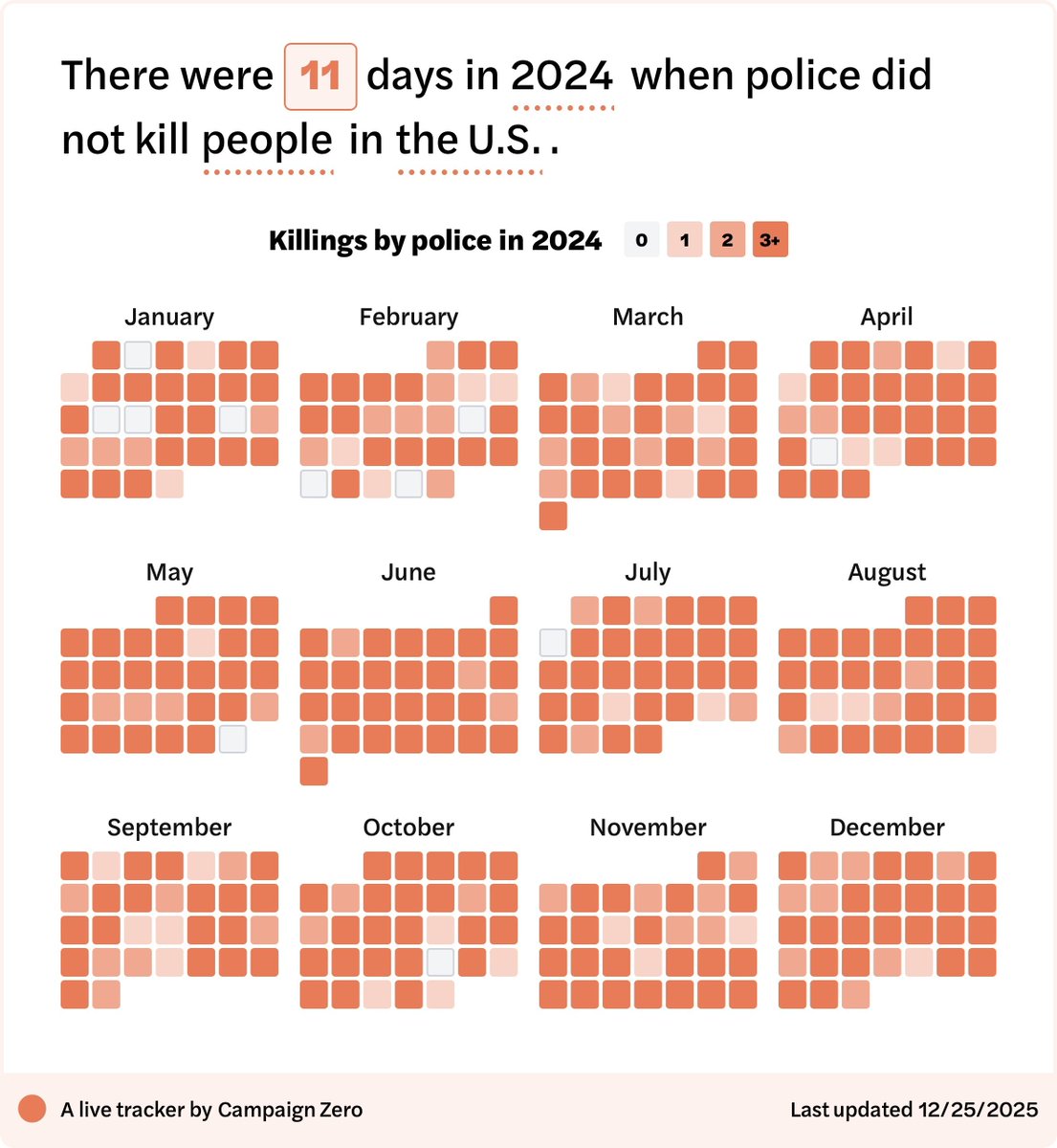
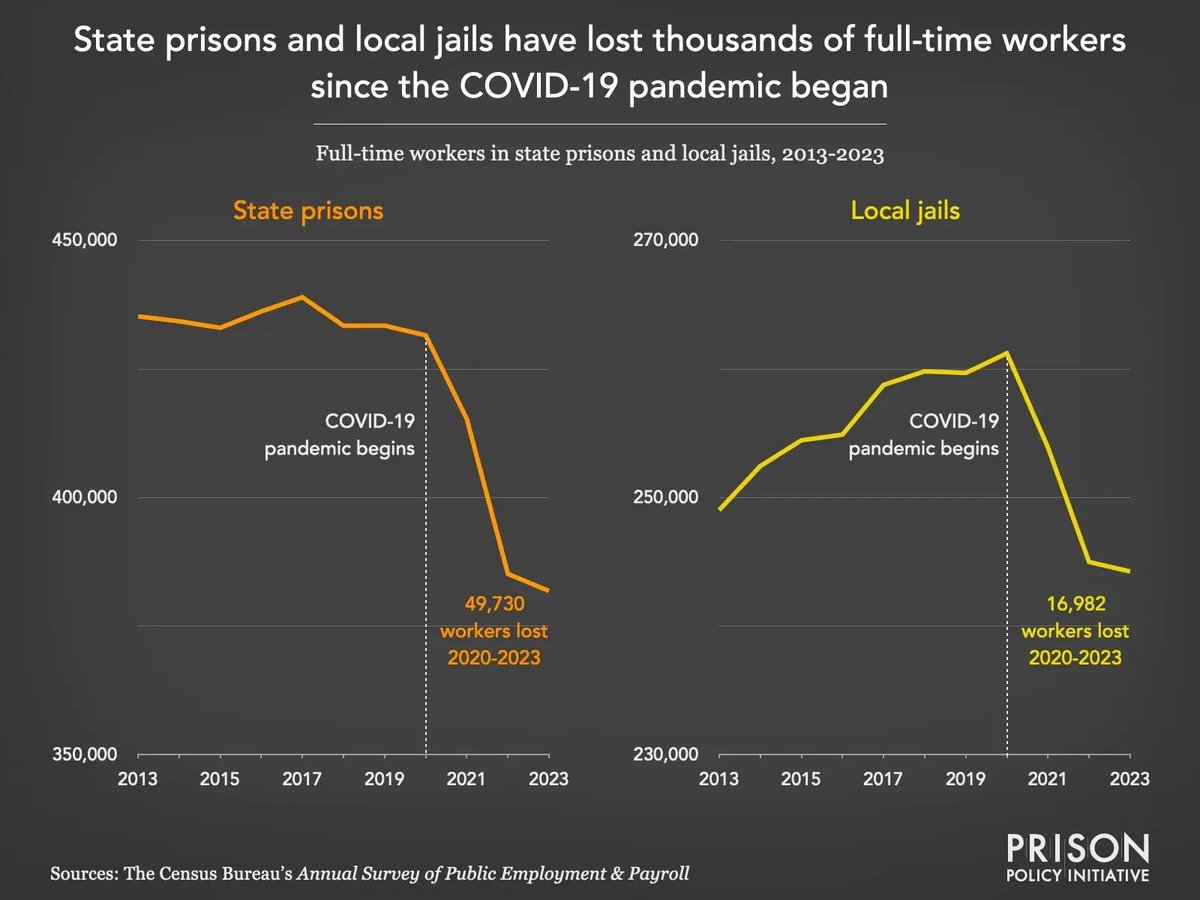

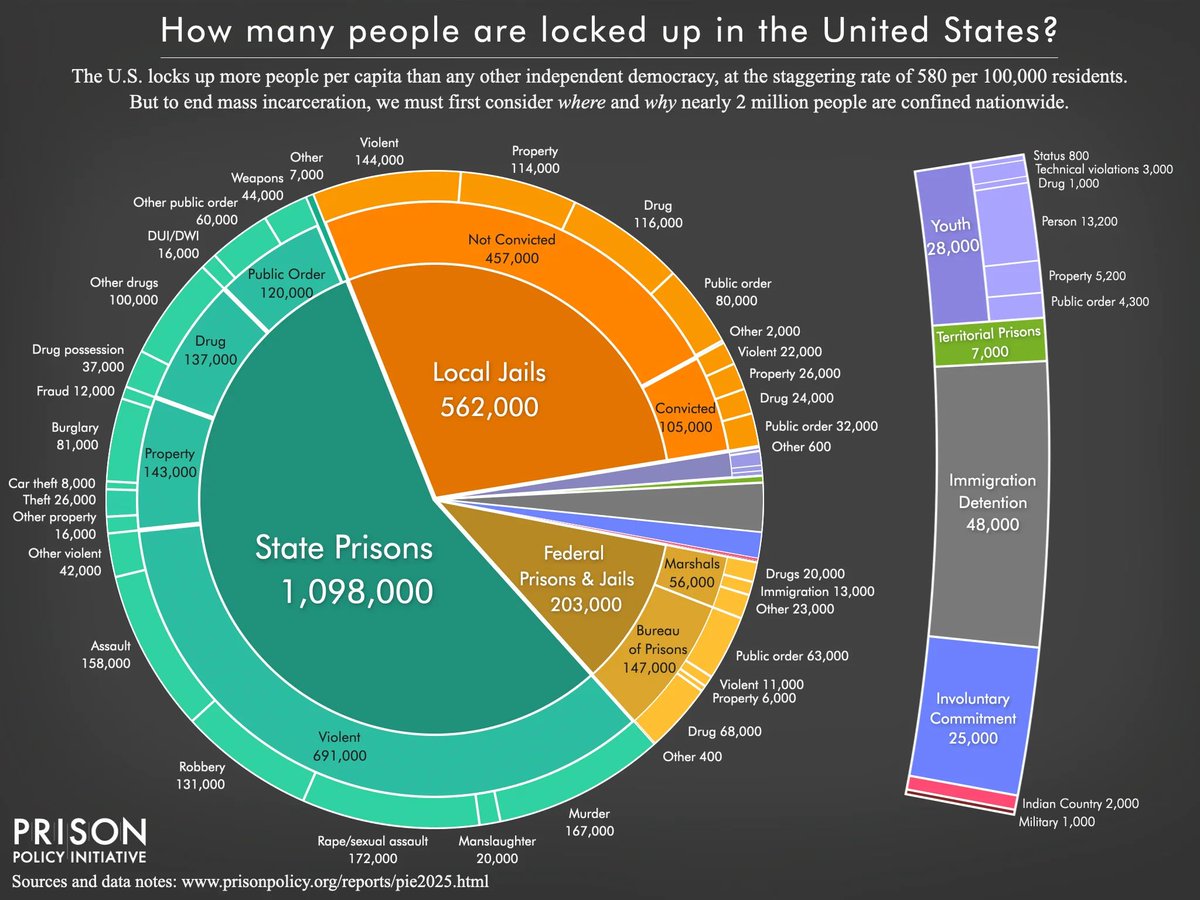

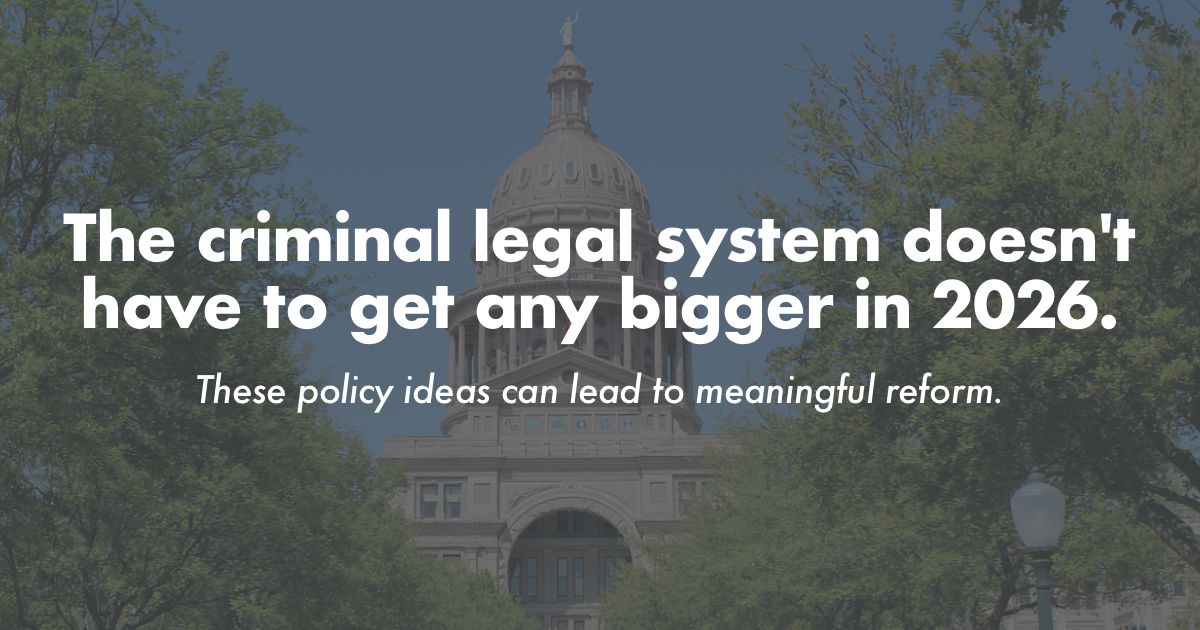
 Equal representation is supposed to be the foundation of U.S. democracy – yet for many, it's a false promise.
Equal representation is supposed to be the foundation of U.S. democracy – yet for many, it's a false promise.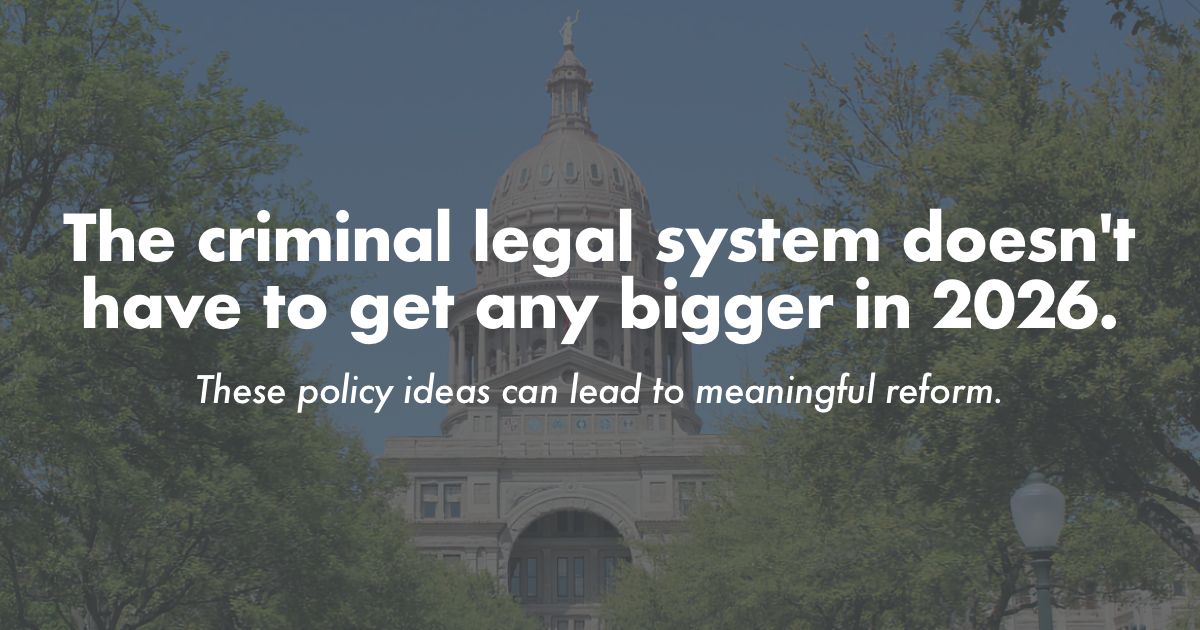
 It’s no secret that prisons & jails are brutal places, plagued with human rights abuses.
It’s no secret that prisons & jails are brutal places, plagued with human rights abuses.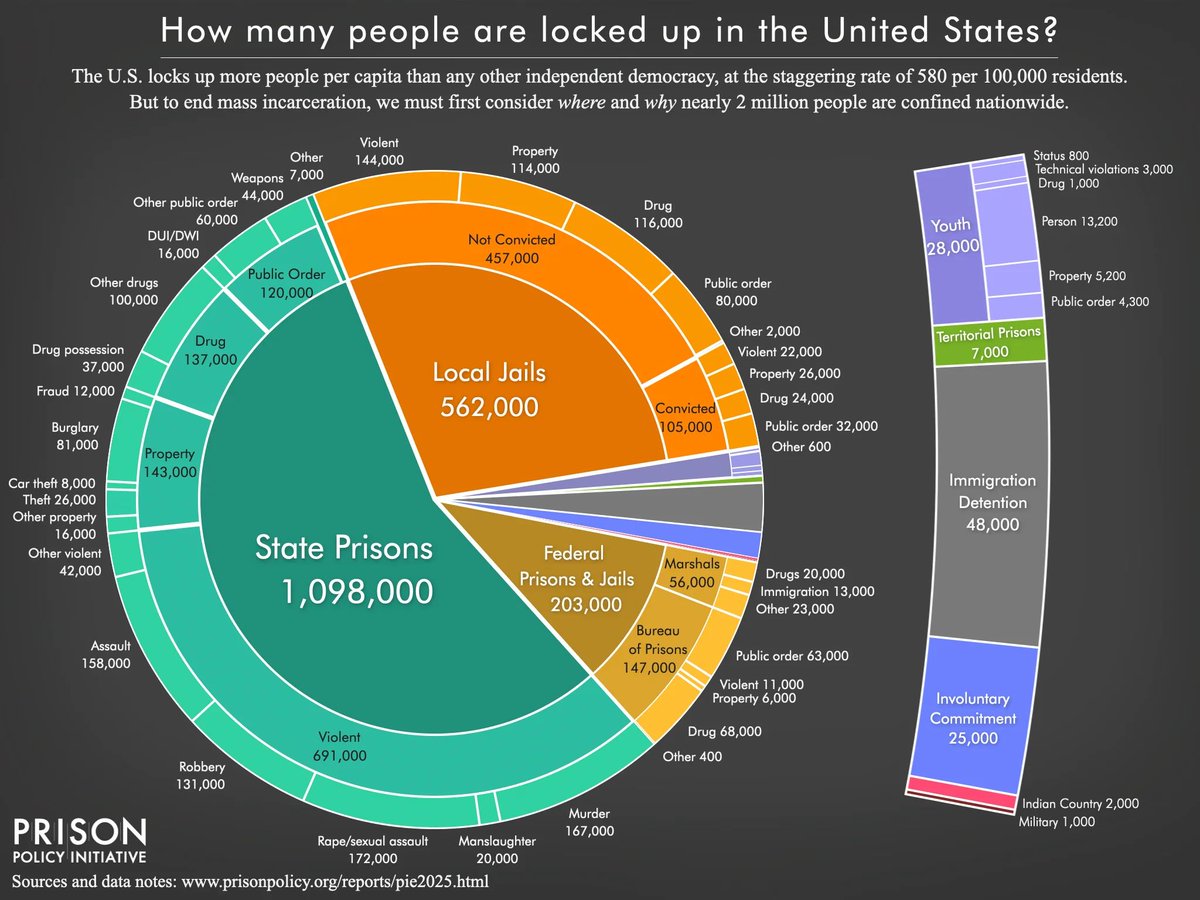

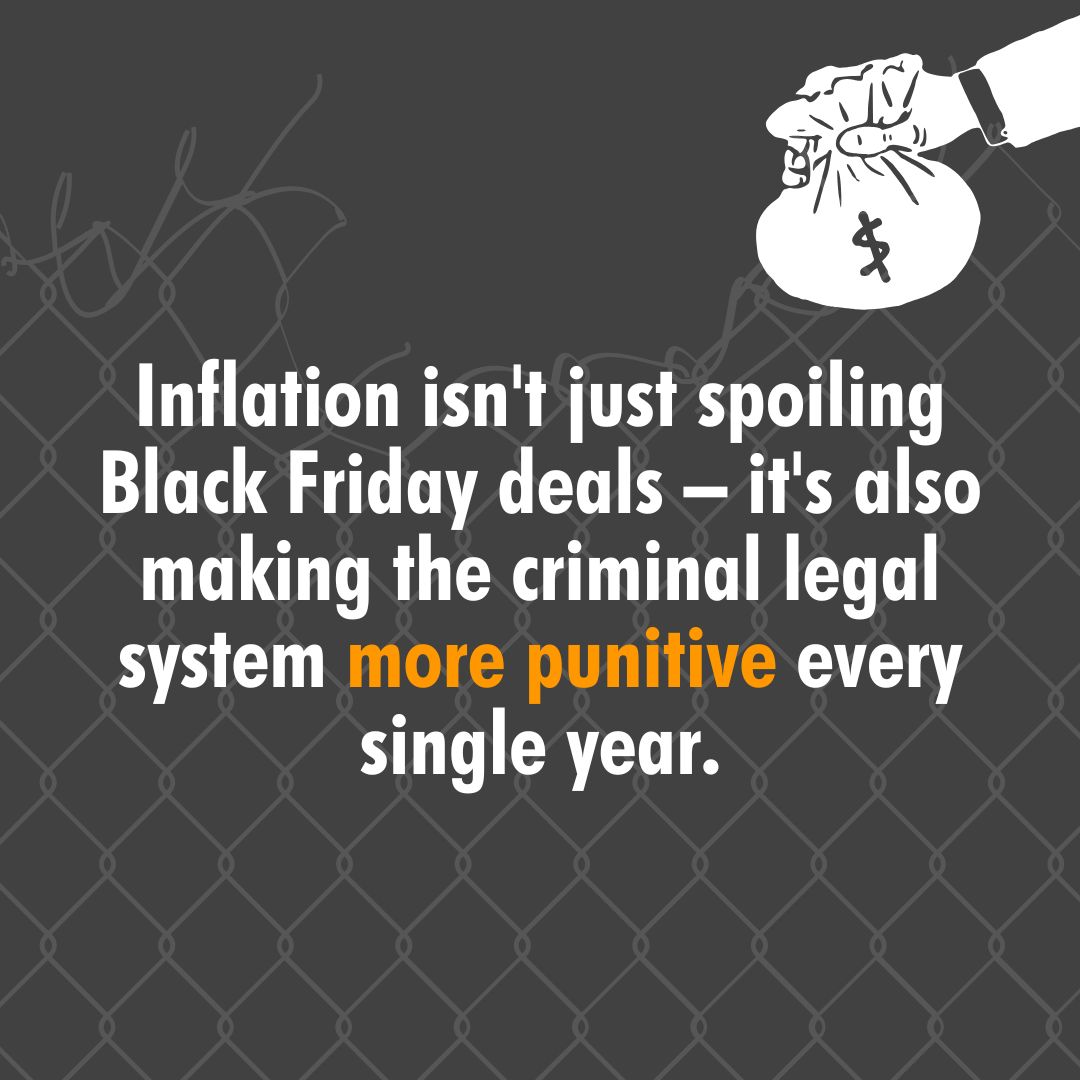
 Each state defines which thefts are felonies and which are misdemeanors.
Each state defines which thefts are felonies and which are misdemeanors.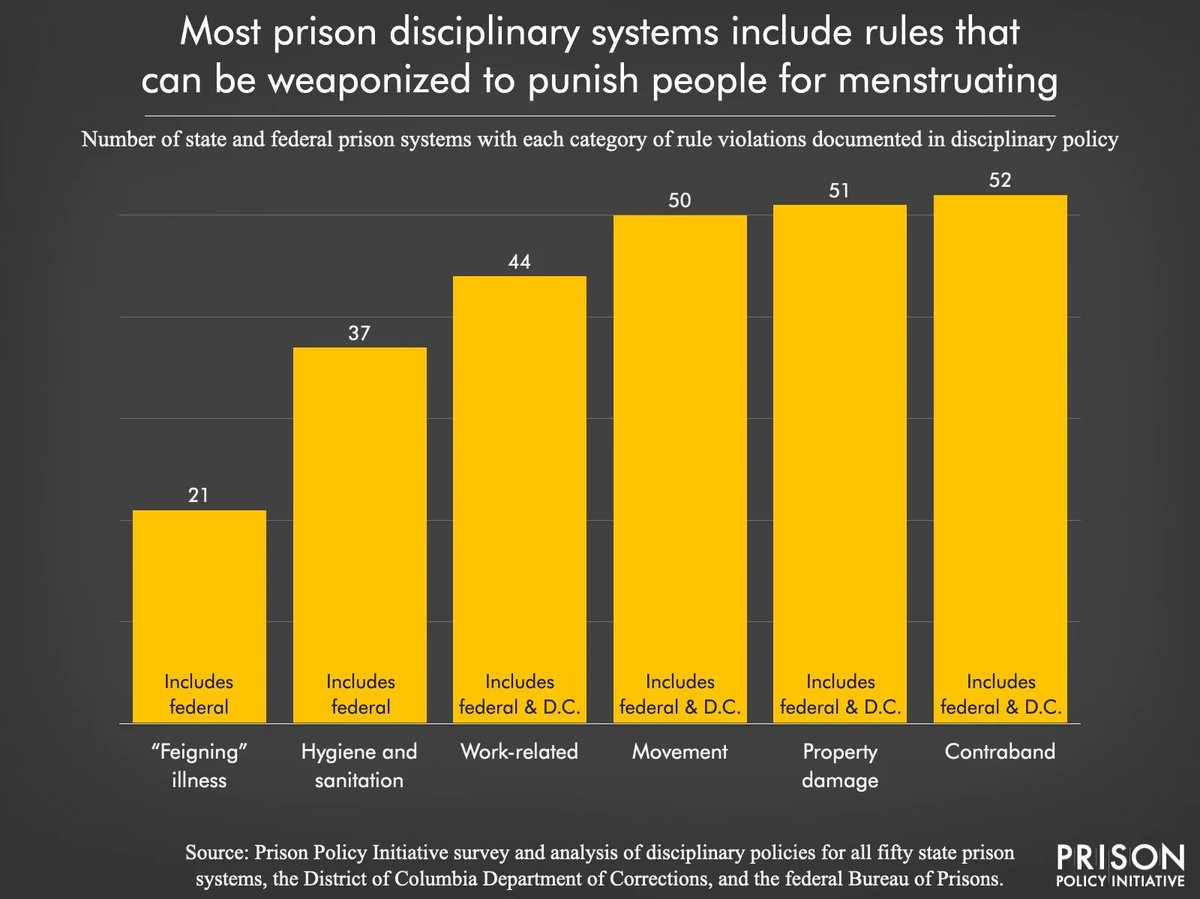


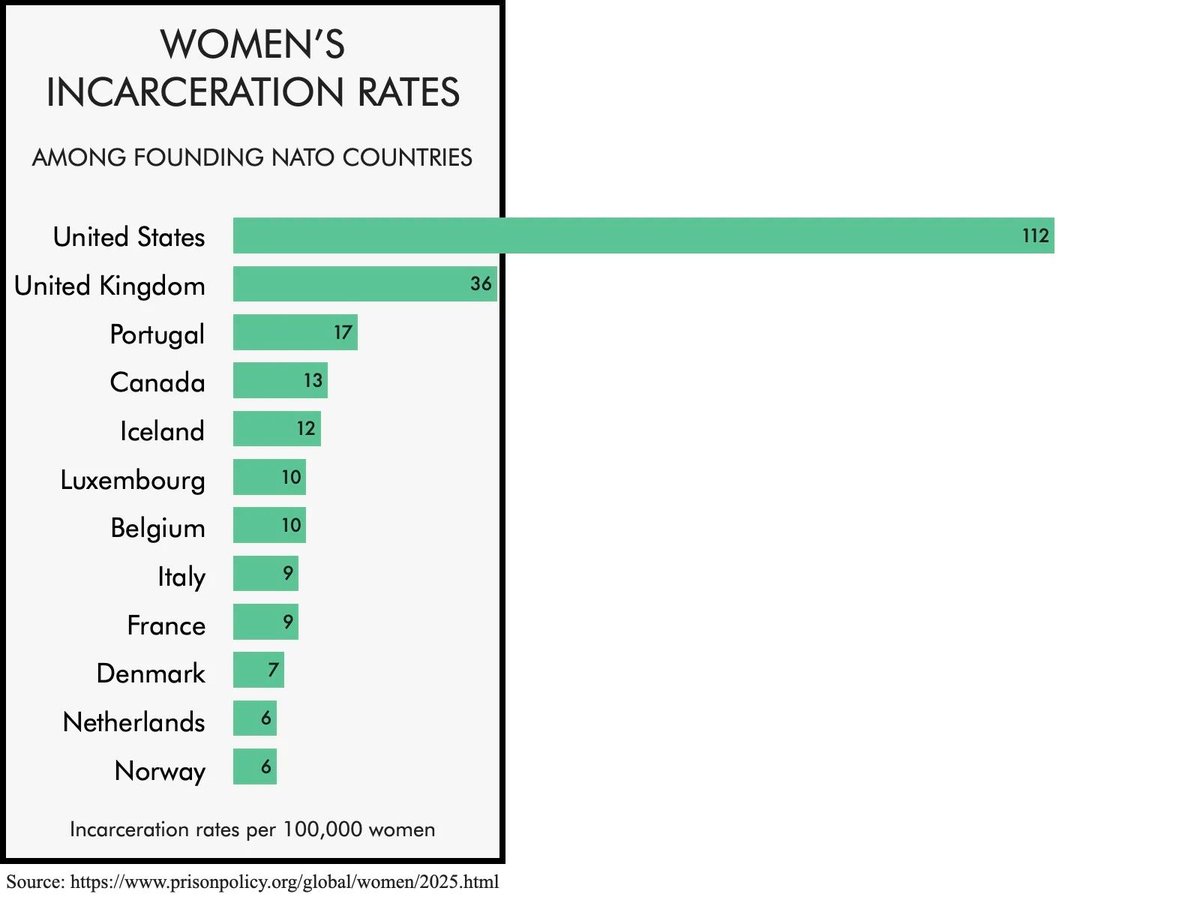
 Since 2000, the number of imprisoned women has grown by almost 60% globally – and the U.S. remains a significant driver of that.
Since 2000, the number of imprisoned women has grown by almost 60% globally – and the U.S. remains a significant driver of that.